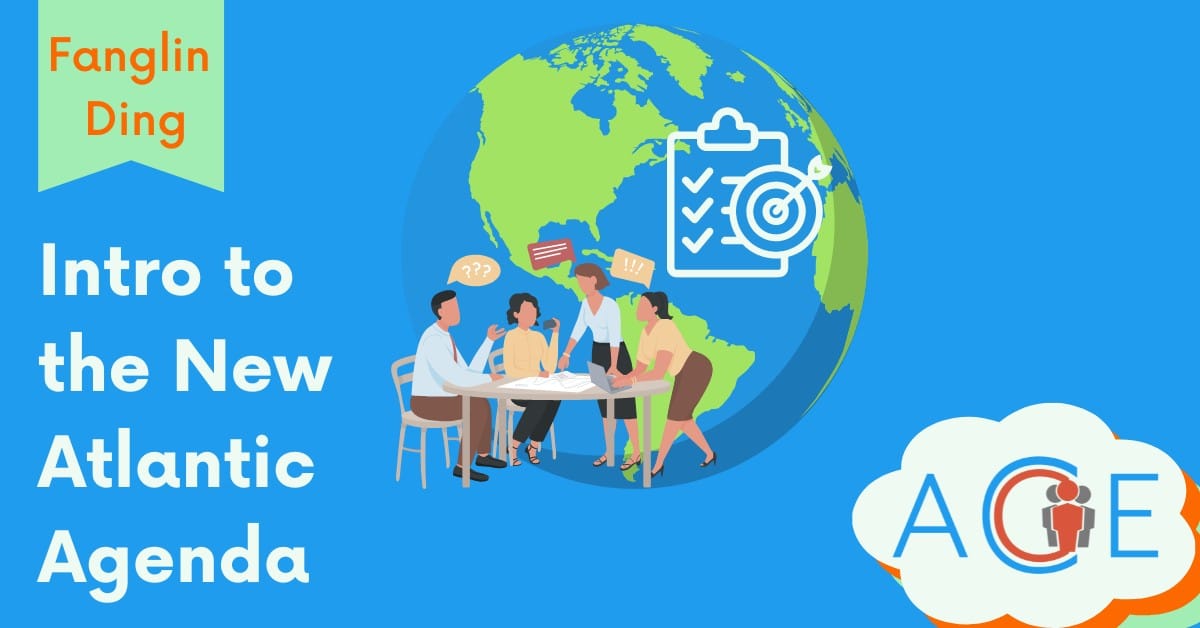Background
Following the Second World War, the United States and Western European powers have built a strong relationship based on shared values such as democracy, free trade, and human rights, culminating in the New Transatlantic Agenda. The New Transatlantic Agenda was an agreement signed between the US and the EU in 1995, which outlined commitments for increased bilateral trade, shared foreign policy visions, and combating global issues like climate change. The US Department of State summarized the following goals:
- promoting peace, development, and democracy around the world
- responding to global challenges
- contributing to the expansion of world trade and closer economic ties
- building bridges across the Atlantic by encouraging closer communication between people
Effects
The non-binding agreement marked the beginning of contemporary US and EU relations. In the decades following the NTA, the US and the EU have maintained many of these promises.
- Trade: US imports from the EU rose more than 250% from 1997 and US exports to the EU rose more than 140%
- Counterterrorism cooperation: the EU joined the Proliferation Security Initiative, which is an international initiative to control the spread of weapons of mass destruction
Since the signing of the NTA, embassies have been created on both sides. The US mission to the EU is headquartered in Brussels, Belgium and the EU delegation to the US is located in Washington D.C..
Pro-NTA
Those in favor of expanding the relationship between the US and EU see the shared values and pursuits between the two as mutually beneficial. Some may also see the alliance between the US and EU as acting as a global stronghold to defend these values, establishing what is sometimes referred to as the “liberal international order”, as opposed to other rising powers in the world including Russia and China.
Anti-NTA
Others do not view deepening the US-EU alliance as beneficial to the US. While the European Union is home to many of the world’s most advanced economies, economic growth has been slow in recent decades in comparison to other trading partners. Some believe the US should prioritize relations, especially trade relations, with rapidly growing economics like Brazil and India, and focus on countries with sectors and resources which are strategically important, like Taiwan’s semiconductor industry. In addition, the US has historically shouldered much of the burden for defense spending in Europe through NATO, so prioritizing the relationship does have tangible costs.

